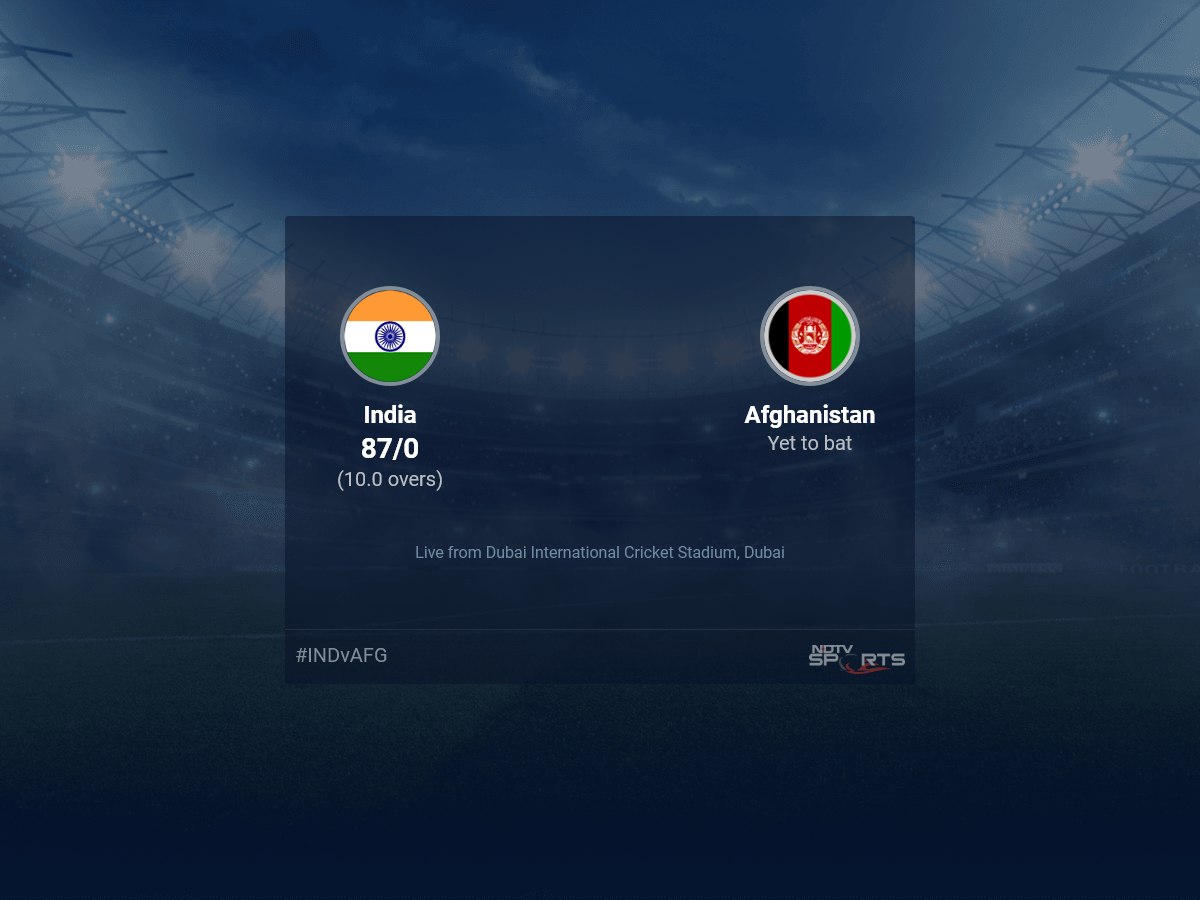India’s exports to Bangladesh may increase by additional $10 billion in a time span of five years if both countries sign a free trade agreement (FTA), the joint study conducted by both countries for the proposed Comprehensive Economic Partnership Agreement (CEPA) said.
“Due to the possible bilateral trade agreement, there exists a potential of additional export from India to Bangladesh, ranging from $4 billion to $10 billion. This export potential in addition to existing exports could be achieved by India in a time span of five years,” a copy of the joint study reviewed by Business Standard showed.
Similarly, for Bangladesh, the potential of additional exports to India could range from $3 billion to $5 billion in a time span of 10 years.” The total additional potential bilateral gains in trade in goods due to a possible CEPA ranges between $7 billion to $15 billion,” the report said.
ALSO READ: PM Sheikh Hasina urges Indian businesses to invest in Bangladesh
India’s largest increase in exports to Bangladesh will be observed for motor vehicles, cotton, man-made filaments, albuminoidal substances, electrical machineries and equipment, iron and steel, knitted or crocheted fabrics, plastic goods, machineries and mechanical appliances, paper, and paper products.
For Bangladesh, export gains could occur in board categories such as textile and apparel goods, containers of iron/steel, wooden furniture, parts of machineries, plain woven fabrics of cotton, plastic products, chocolates, inorganic chemicals, finished leather, leather bags, footwear, processed foods such as biscuits among others.
In a joint statement after the meeting between visiting Bangladesh Prime Minister Sheikh Hasina and Prime Minister Narendra Modi, both sides said the two leaders welcomed the recent finalisation of a Joint Feasibility Study that recommended that CEPA will be beneficial for both the countries. “They directed trade officials on both sides to start negotiations within the calendar year 2022 and to complete these at the earliest, in time for Bangladesh’s final graduation from LDC (least developed country) status,” it added.
Bangladesh is on track to graduating from LDC status in 2026 after which it will no longer be eligible to continue to put high tariffs and will have to provide duty-free quota-free market access to India under the existing (South Asian Free Trade Area) SAFTA commitments.
The joint study said though gains for Bangladesh’s exports to the Indian market from a CEPA will not be large as it is already enjoying duty free quota free market access, the FTA will be crucial for it from the perspective that it is soon going to lose the LDC status.
ALSO READ: Do India-Bangladesh ties still lack depth?
The bilateral trade between India and Bangladesh has been growing significantly over the past few years with India enjoying the second-largest trade surplus with its eastern neighbor after the US. Bangladesh became India’s fourth-largest export destination in FY22, jumping five places in two years.
Nisha Taneja, professor at ICRIER, said the India-Bangladesh CEPA would not only lead to enhanced trade but was also likely to have wider economic benefits for the BBIN (Bangladesh, Bhutan, India, and Nepal) sub-region and the BIMSTEC (Bay of Bengal Initiative for Multi-Sectoral Technical and Economic Cooperation) region.
“The CEPA will become the cornerstone for India’s Act East Policy as it would integrate India’s northeast region to the hinterland and to the neighbouring countries as well. CEPA will also encourage the development of global and regional value chains through greater investment flows. Removing regulatory barriers will lead to enhanced trade in services in health, education, IT and tourism. A sector which holds immense potential is e-commerce — the two countries could work together to address regulatory issues which would smoothen and enhance cross-border e-commerce trade,” she said.
 Dear Reader,
Dear Reader,
Business Standard has always strived hard to provide up-to-date information and commentary on developments that are of interest to you and have wider political and economic implications for the country and the world. Your encouragement and constant feedback on how to improve our offering have only made our resolve and commitment to these ideals stronger. Even during these difficult times arising out of Covid-19, we continue to remain committed to keeping you informed and updated with credible news, authoritative views and incisive commentary on topical issues of relevance.
We, however, have a request.
As we battle the economic impact of the pandemic, we need your support even more, so that we can continue to offer you more quality content. Our subscription model has seen an encouraging response from many of you, who have subscribed to our online content. More subscription to our online content can only help us achieve the goals of offering you even better and more relevant content. We believe in free, fair and credible journalism. Your support through more subscriptions can help us practise the journalism to which we are committed.
Support quality journalism and subscribe to Business Standard.
Digital Editor



 Dear Reader,
Dear Reader,

GIPHY App Key not set. Please check settings